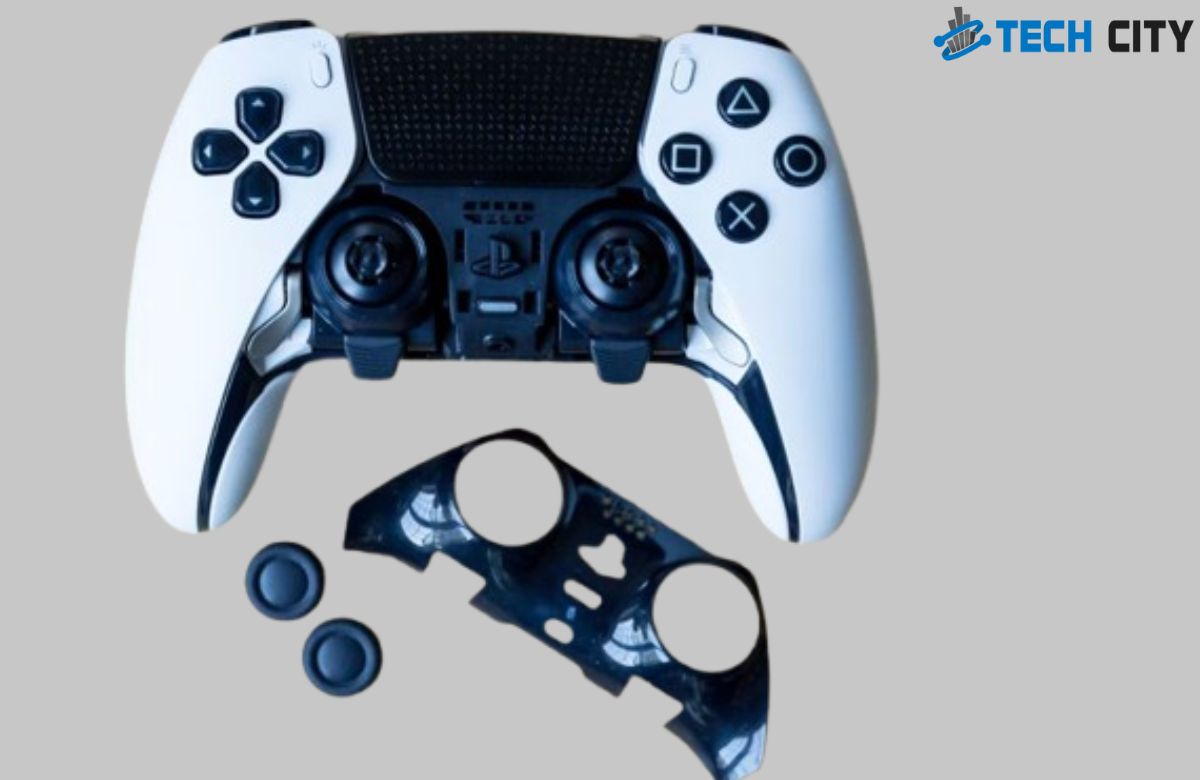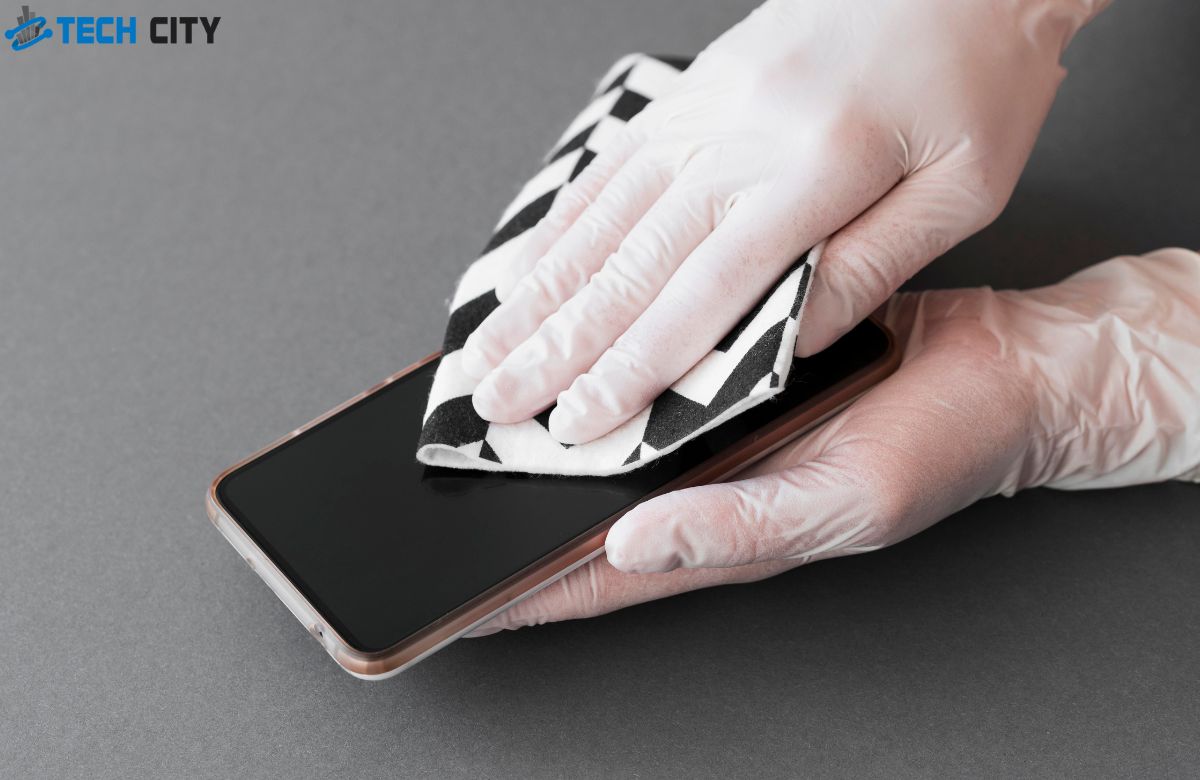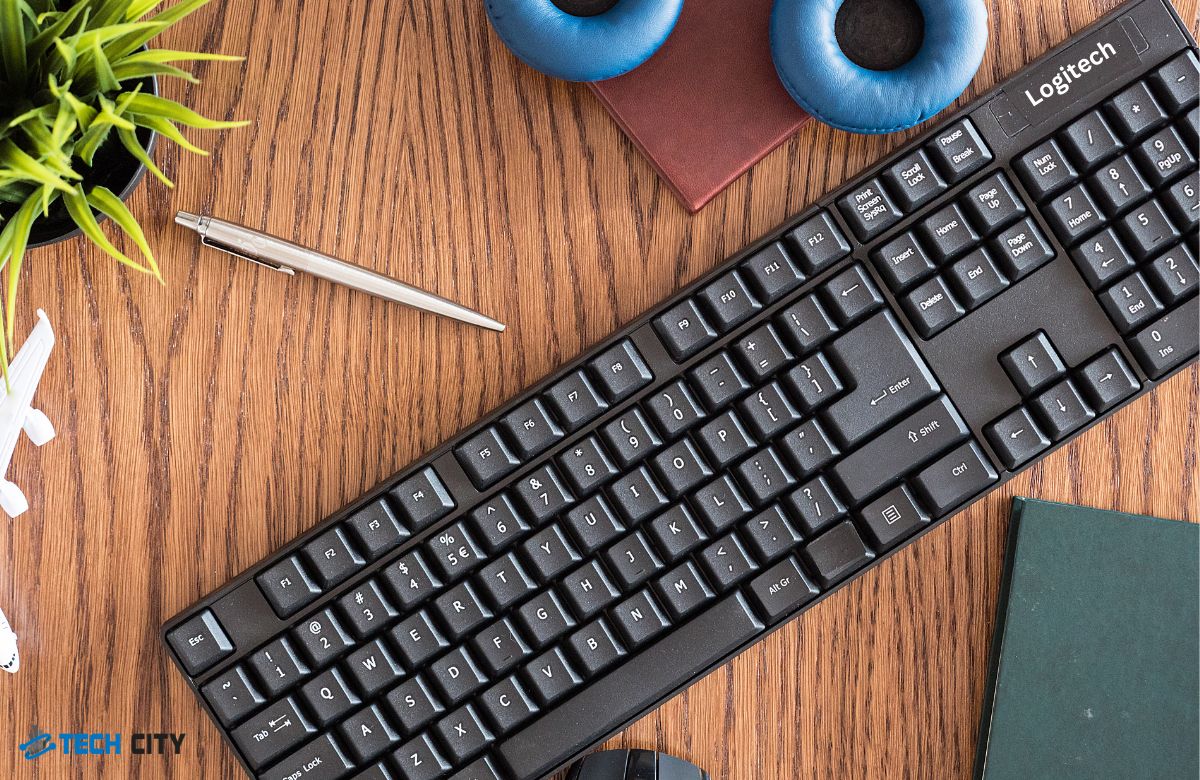Laptops are inseparable from our lives nowadays; they are helpful for work, fun, or communication. Nevertheless, overheating and water spills produce cloudy patches, which is annoying. When faced with such issues, seeking professional laptop repair services becomes essential. Dealing with cloud water patches requires a systematic and cautious approach that Tech City experts will explain.
Steps to remove a cloud water patch inside the laptop screen.
1. Research Cloud Water Patches
Learn about cloud water patches to understand the issue thoroughly
2. Collect Essential Tools and Materials
Screwdriver, microfiber cloth, isopropyl alcohol, and cotton swabs.
3. Power Off Your Laptop
Properly close your laptop so that every corner or locked compartment is exposed to the cleaning.
4. Disconnect All Accessories
Unplug any connected accessories to prevent electrical hazards during cleaning.
5. Attempt Draining the Liquid
Tilt the laptop to drain excess liquid, if possible, naturally.
6. Unscrew and Open Your Laptop Casing
Use the screwdriver to unfasten the laptop casing gradually to start the laptop screen cloud water patch removal process.
7. Remove Water from Affected Parts
Air out the water with a microfiber towel or cotton swabs.
8. Examine Laptop for Mineral Residue
Check for mineral deposits on internal components or circuitry.
9. Double Check for Moisture
Ensure all parts are thoroughly dry before reassembling the laptop.
10. Reassemble and Test Your Laptop
Put the laptop back together and test for functionality.
How Do You Remove a Cloud Water Patch Inside the Laptop Screen?
Today, laptops are no longer just one more thing we have in our daily lives, but when we suddenly notice water spots on our screen, it may raise some questions. This guide will describe concrete actions you must follow to ensure the device is functioning well for a long time.
Learn About Cloud Water Patches
Understanding the nature of cloud water patches is crucial for effectively cleaning laptop display water spots. These patches occur when liquid, often water, infiltrates the layers of your laptop screen. The result is distorted visuals, cloud-like formations, and potential damage to the internal components. Recognizing these signs is essential for initiating the appropriate remediation steps.
Gather the Right Tools and Materials
You’ll need specific tools and materials to address cloud water patches for a thorough cleaning process. Take a microfiber cloth to avoid scratches, distilled water, isopropyl alcohol with a concentration of not less than 90% to clean efficiently, cotton swabs for precision cleaning, and a compressed air canister to wipe off the remaining moisture.
Shutdown Your Laptop
Before beginning any cleaning procedure, power off your laptop. This ensures your safety during the process and minimizes the risk of electrical damage. Turning off the computer allows for a more effective method of eliminating moisture inside the laptop screen without interference.
Disconnect All Accessories
You should unplug your laptop from the power supply source and remove all the external accessories, such as chargers, drives, and peripherals. Cutting off external connections is a safety measure to prevent electric cleaning errors. Separating or isolating from external connections is a precaution to prevent electrical malfunctions during maintenance activity.
Try Draining the Liquid
If the water patches are recent, attempt to drain the liquid by carefully turning the laptop upside down. This simple step to remove a cloud water patch inside the laptop screen can prevent further liquid penetration into the internal components. Gently pat the laptop on a soft, absorbent surface to encourage drainage.
Unscrew and Open Your Laptop Casing
To address the issue internally, you must unscrew and open your laptop casing. This step allows access to the affected parts, ensuring a comprehensive cleaning process. Exercise caution during this step and refer to your laptop’s manual for guidance on proper disassembly.
Remove Water from the Affected Parts:
Using the microfiber cloth, isopropyl alcohol, and cotton swabs, meticulously remove water from the affected parts. Pay extra attention to areas with prominent cloud water patches, applying gentle pressure to lift and eliminate the water residue. You can always take your laptop to repair shops like Tech City for proper cloud patch removal.
Examine the Laptop for Mineral Residue
After removing the water, inspect the internal components for any mineral residue. If the laptop interior contains minerals, use a soft-hair brush and isopropyl alcohol to clean it gently. Therefore, this task guarantees a high-quality and efficient elimination process.
Double Check the Laptop for Moisture
While preparing to put your laptop together again, ensure no moisture is left. All internal components should be dried beforehand to prevent damage when the computer is powered back on. This is an important step to fix water damage on the laptop monitor.
Reassemble the Laptop and Test it.
Carefully put back your laptop, taking care to check that all screws are tightly fastened. Once assembled, power your laptop and check the screen for any remaining cloud water patches. If the problem continues, getting professional help from Tech City may be the ideal solution.
How Do I Wash Water Spots Out of My Laptop Screen?
To remove a cloud water patch from the laptop screen, lightly dampen a microfiber cloth with distilled water and isopropyl alcohol. Wipe off the affected area with circular motions without any pressure. Give the screen an excellent air drying before you turn on your laptop.
What Is the Cloud Patch on My Laptop Screen?
The cloud patch on your laptop screen is likely caused by moisture or liquid trapped between the screen layers. It can be due to spills, humidity, or environmental conditions. Proper cleaning using distilled water and alcohol can help eliminate spots and cloudiness and restore clarity.
What Is the Most Effective Way to Keep Your Laptop’s Display Screen from Getting Damaged?
Accept your computer carefully to keep the display screen safe without excessive pressure and shock. Always keep liquids away from your laptop, get a screen protector for extra protection, and regularly clean the screen with suitable materials to prevent dust and dirt accumulation.
Conclusion
Proper care of the laptop screen will help achieve optimal performance and a sharp image. Going through this guide on carefully removing a cloud water patch inside the laptop screen, you can effortlessly remove cloud water patches and keep a shiny display. Be careful during the process and follow the expert tips to protect your laptop from unwanted damage.




